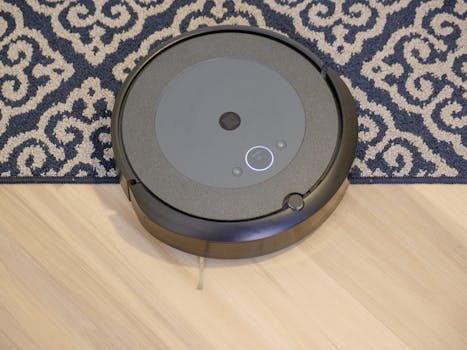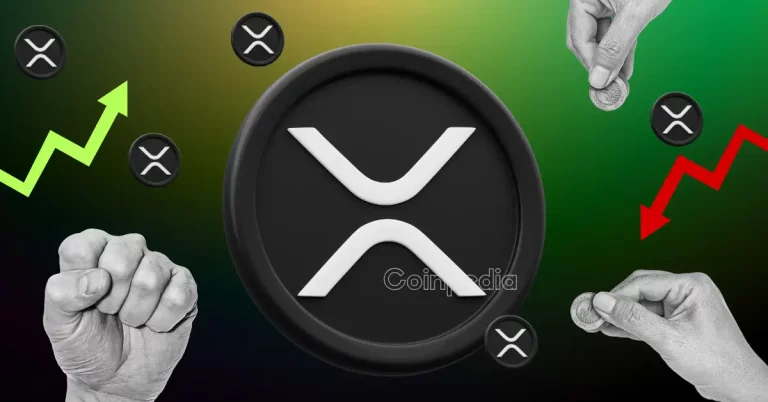
Smart Homes and Smart Living: The Technological Transformation of European Homes by 2025
Smart Homes and Smart Living is revolutionizing the way we live in our homes. The European home is undergoing a significant transformation, driven by advances in technology and changing lifestyles. By 2025, smart homes and smart living will be the norm, with homes that are more efficient, sustainable, and connected than ever before.
What are Smart Homes and Smart Living?
Smart homes and smart living refer to the integration of technology and automation in homes to make them more comfortable, convenient, and sustainable. This includes the use of smart devices, sensors, and artificial intelligence to control and monitor various aspects of the home, such as lighting, temperature, security, and energy consumption.
The Benefits of Smart Homes and Smart Living
The benefits of smart homes and smart living are numerous. They include increased energy efficiency, improved safety and security, enhanced comfort and convenience, and greater sustainability. Smart homes and smart living can also help to reduce waste and improve the overall quality of life.
The Future of Smart Homes and Smart Living in Europe
By 2025, the majority of European homes will be smart homes, with advanced technologies such as artificial intelligence, Internet of Things (IoT), and 5G networks. These technologies will enable homes to be more efficient, sustainable, and connected, with features such as smart energy management, smart water management, and smart waste management.
Challenges and Opportunities
While the future of smart homes and smart living in Europe looks promising, there are also challenges and opportunities that need to be addressed. These include the need for greater investment in infrastructure, the development of new technologies and business models, and the importance of ensuring that smart homes and smart living are accessible and affordable for all.
Conclusion
In conclusion, smart homes and smart living are transforming the European home, making it more efficient, sustainable, and connected. By 2025, the majority of European homes will be smart homes, with advanced technologies that enable a better quality of life. While there are challenges and opportunities that need to be addressed, the future of smart homes and smart living in Europe looks promising, and it is an exciting time for this industry.






